1. The Science of Discovering

The question of whether life ever existed on Mars is one of science’s greatest mysteries. Today’s barren surface may hide a past where microbes once thrived. For as long as we have gazed at the night sky, we have wondered if we are alone. Even the chance of finding a single microbe on Mars stirs something deep within us. If life exists beyond Earth, it changes everything.
Astrobiologists continue the search, sending rovers, planning sample return missions, and digging beneath the surface for clues. There is no single answer yet, but the pursuit is as much about understanding life’s origins as it is about exploring the universe.
Source: European Space Agency (ESA)
2. The Dream of Martian Colonization
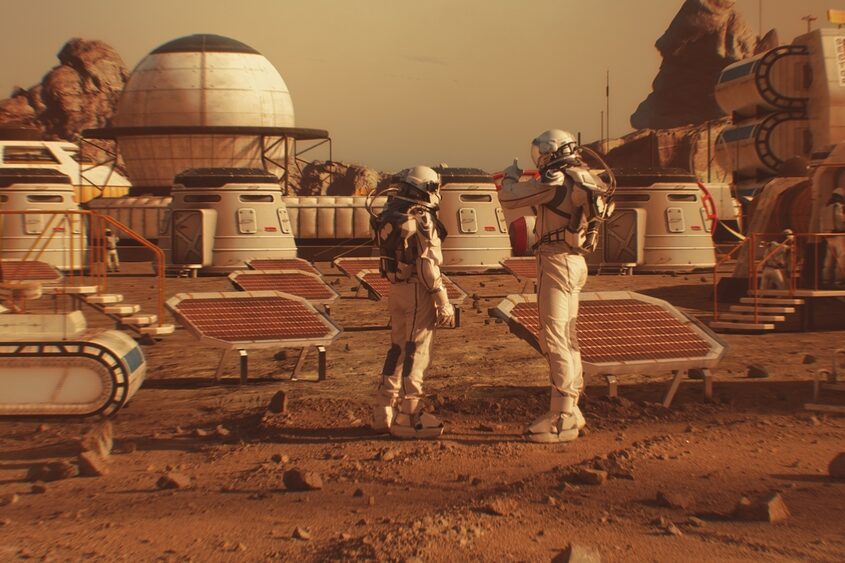
For centuries, Mars has sparked human imagination, a red beacon in the night sky that felt almost within reach. Today, the dream of living there is no longer science fiction. Scientists and visionaries see Mars as the next frontier, a second home that could safeguard humanity’s future.
The challenges are immense. Radiation, dust storms, long travel times, and creating life where nothing grows all stand in the way. But breakthroughs in habitats, space farming, and rocket technology are bringing this dream closer. This is not about planting a flag. It is about building something lasting, reshaping what is possible for our species.
Source: NASA.gov
3. The Harsh Reality of the Red Planet

Mars is a land of paradoxes. Its red plains look inviting from afar, but up close it is harsh and unforgiving. With an atmosphere 100 times thinner than Earth’s, temperatures that plunge to minus 80 degrees Fahrenheit, and radiation that slowly eats away at life, Mars is a brutal test of survival.
Yet hidden beneath its frozen surface are traces of rivers, buried ice, and the possibility of ancient life. Mars offers no comfort. Every breath and every drop of water must be earned. The isolation alone could break even the strongest. But still, we push forward. Not because it is easy, but because the challenge calls to us.
Source: NASA.gov
4. The Everyday Struggles of Living on Mars
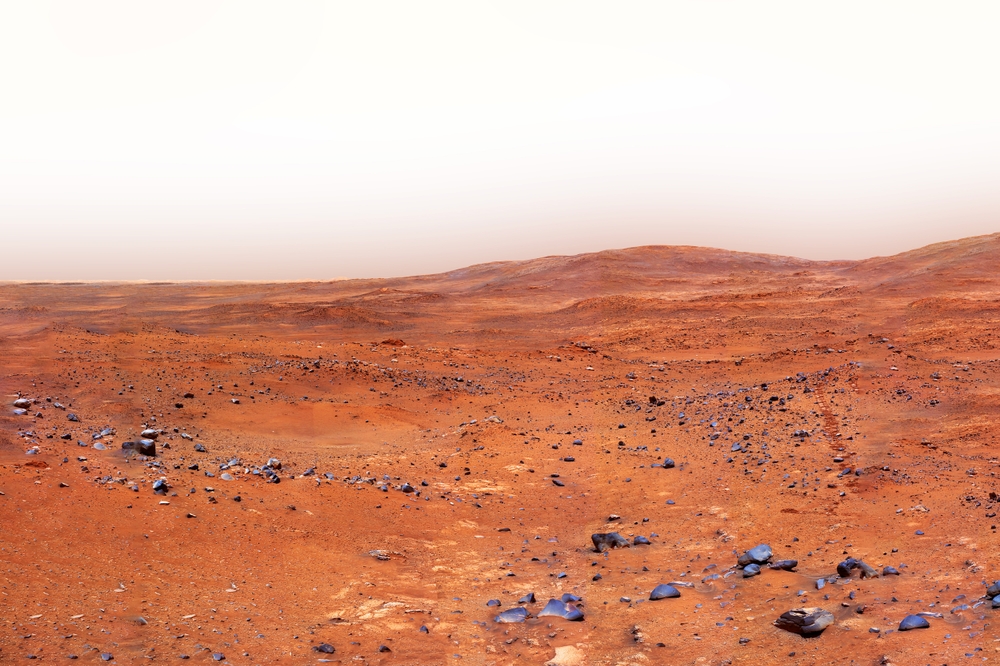
Mars is breathtaking but brutal. No air to breathe, no water to drink, no ecosystems to sustain life. Every breath, sip of water, and meal would be a carefully measured resource. Even the dust is dangerous—fine, clingy, and toxic.
Isolation is another challenge. With Mars 140 million miles from Earth, communication delays can stretch to 20 minutes each way. No live chats or quick calls home. Supplies would be rare, and survival would demand near-perfect efficiency. Life on Mars would test not just our technology but our resilience.
Source: SpaceTech
5. The Elusive Quest for Water
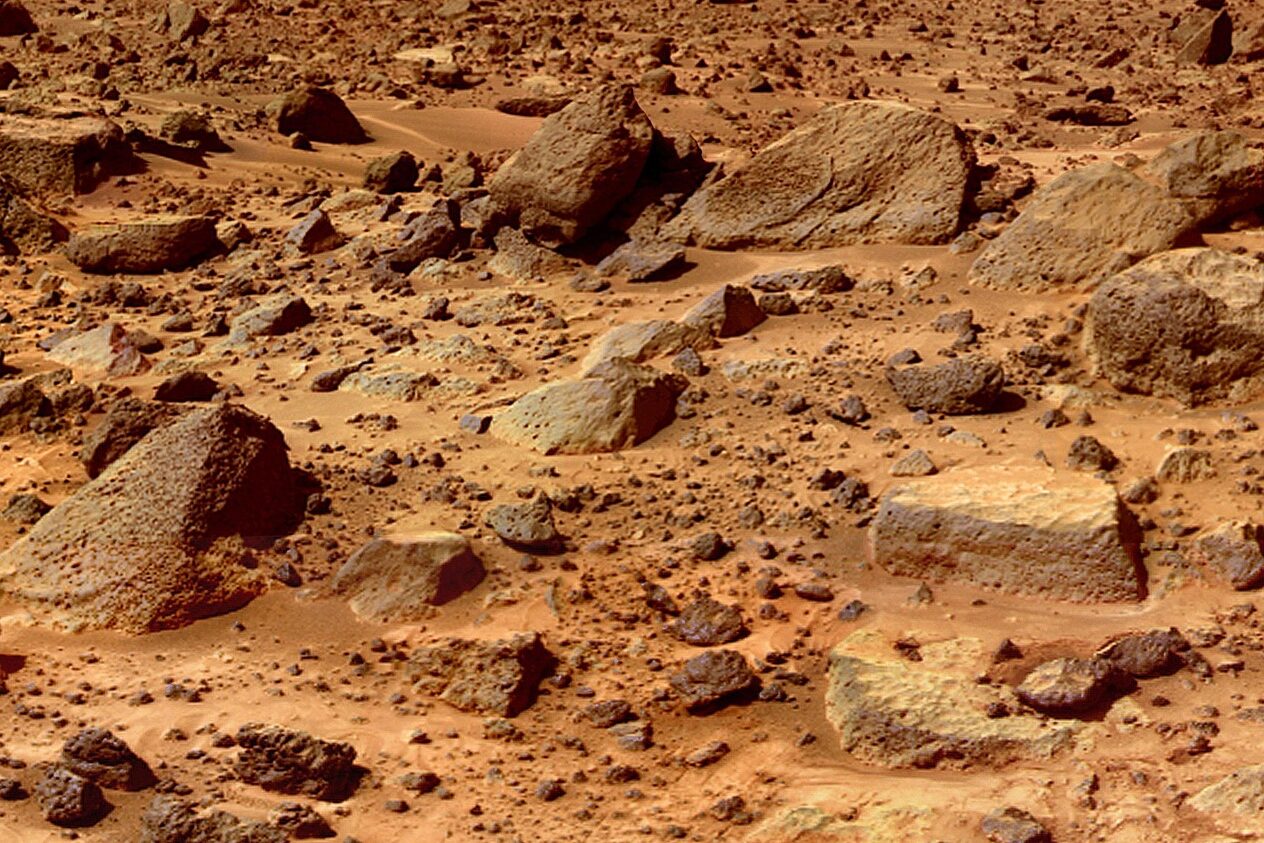
Beneath its cracked crust, Mars guards its most precious resource—water. Ancient riverbeds and ocean basins suggest that liquid water once flowed freely across the planet, but as the atmosphere thinned and temperatures dropped, most of it vanished or became trapped beneath the surface.
Today, we know Mars still holds water in the form of subsurface ice and possibly underground reservoirs. But reaching it is another challenge. The ice lies beneath hard soil, and melting it into usable water would take immense energy and equipment. Even harvesting moisture from the thin Martian air is slow and inefficient. On Mars, every drop of water is more valuable than gold.
Source: Arizona State University
6. Turning Science Fiction into Reality
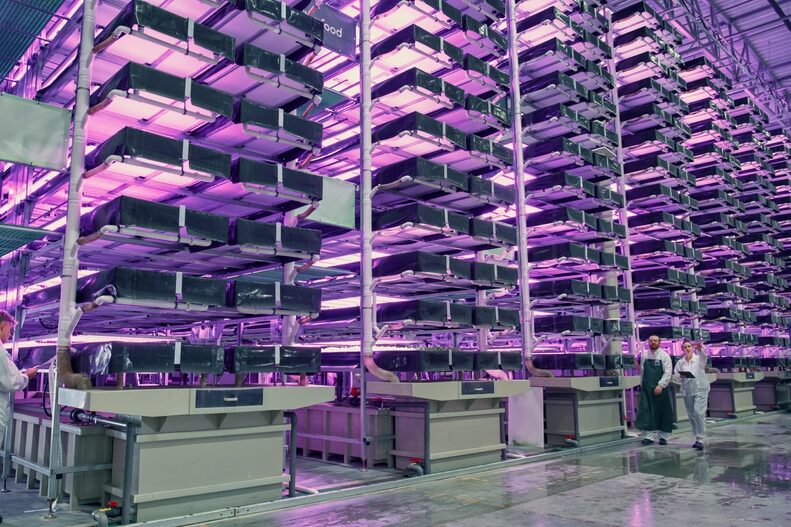
Surviving on Mars will require technologies unlike anything we have built before. Solar power, hydroponic farms, and life-support systems that recycle air and water with near-perfect efficiency are just the start. Robotic builders and AI doctors will fill roles where human help is millions of miles away.
These breakthroughs go beyond space travel. Engineers are testing 3D printing with Martian soil to build shelters, advances that could reshape how we manage resources on Earth. The dream of Mars is not just survival. It is about creating a self-sufficient world, and the technology to get there could transform life here too.
Source: NASA.gov
7. The Ethical Debate: Should We Go?

he idea of living on Mars raises tough ethical questions. Do we have the right to reshape a pristine world for our survival, or should Mars remain untouched for science and discovery? Some believe we must focus on fixing Earth first, while others see Mars as a fresh start.
And if we go, who gets to decide? Will Mars become a utopia or just another outpost for the wealthy and powerful? Colonizing Mars means risking contamination of any fragile ecosystem that might exist and sending people into extreme danger, months away from help. Space exploration pushes boundaries, but it forces us to ask: at what cost?
Source: Astronomy.com
8. Mars as a Mirror of Earth’s Future: A Warning
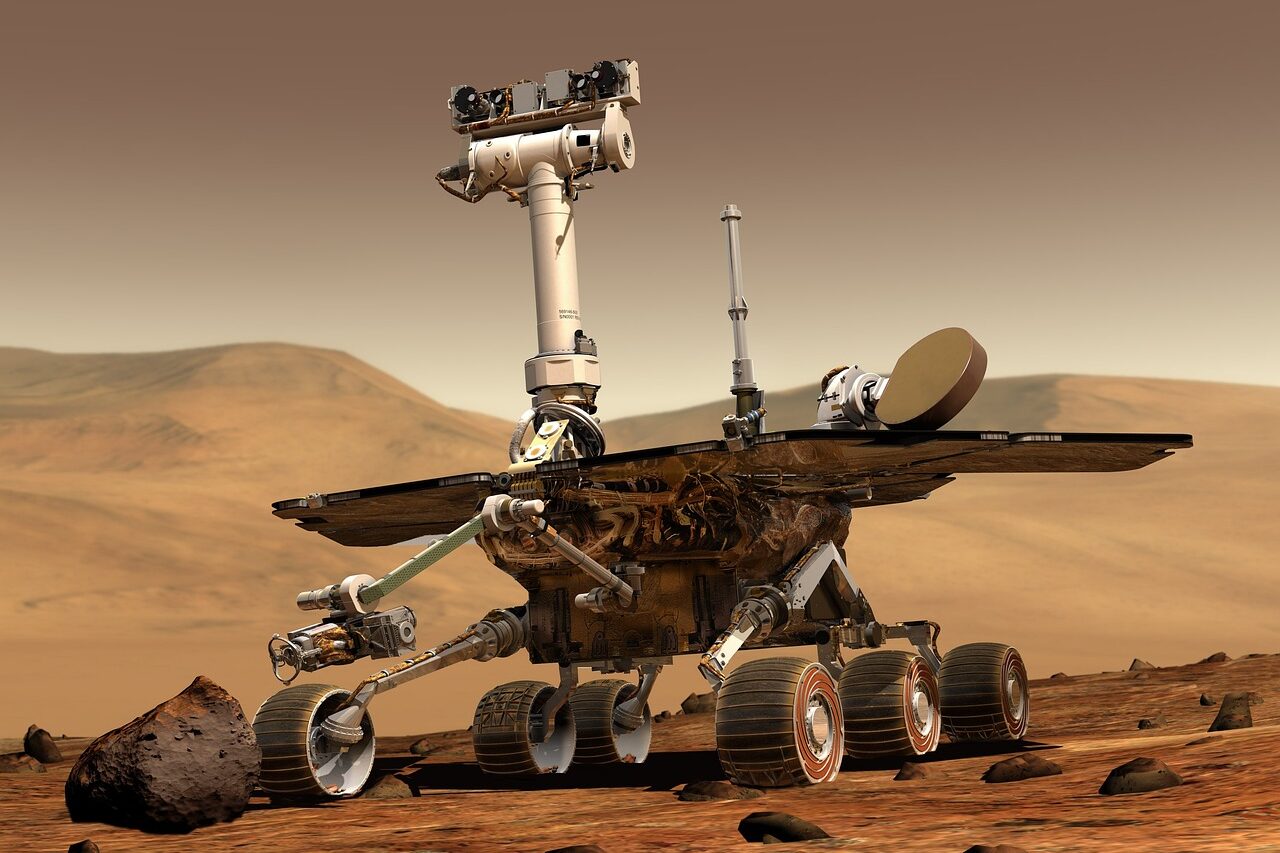
Mars is a mirror of what could happen to Earth. Once home to rivers and lakes, its magnetic field collapsed, its atmosphere was stripped away, and its water disappeared, leaving behind a frozen desert. It’s a haunting reminder of how fragile planetary ecosystems can be.
Yet Mars also offers hope. The technologies we create to survive there, from water recycling to sustainable farming and new energy sources, could help us sustain life on Earth. Mars asks us to think long term: will we learn from its fate or repeat it? It is more than a destination. It is a cautionary tale written across its red sands.
Source: The Guardian
9. Terraforming: Science or Science Fiction?
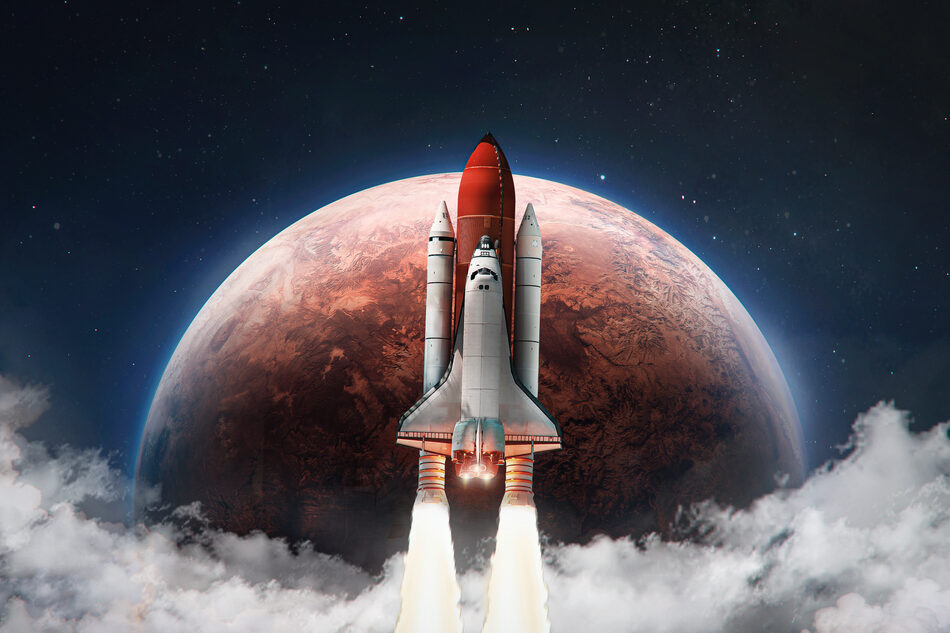
Terraforming Mars sounds like science fiction, but the concept is grounded in real science. The idea? Warm the planet by releasing greenhouse gases or melting its ice caps to build a breathable atmosphere. Some dream of standing on Mars without a spacesuit, beneath a blue sky instead of dusty red.
Yet every proposal faces towering challenges. There may not be enough carbon dioxide in Martian soil to heat the planet, and ambitious ideas like giant space mirrors or redirected asteroids remain far out of reach. For now, terraforming Mars lives in the space between bold imagination and hard reality.
Would you take the leap and start a new life on Mars? Let us know in the comments, or drop us a line at mgitter@gmail.com.
Source: Planetary.org


